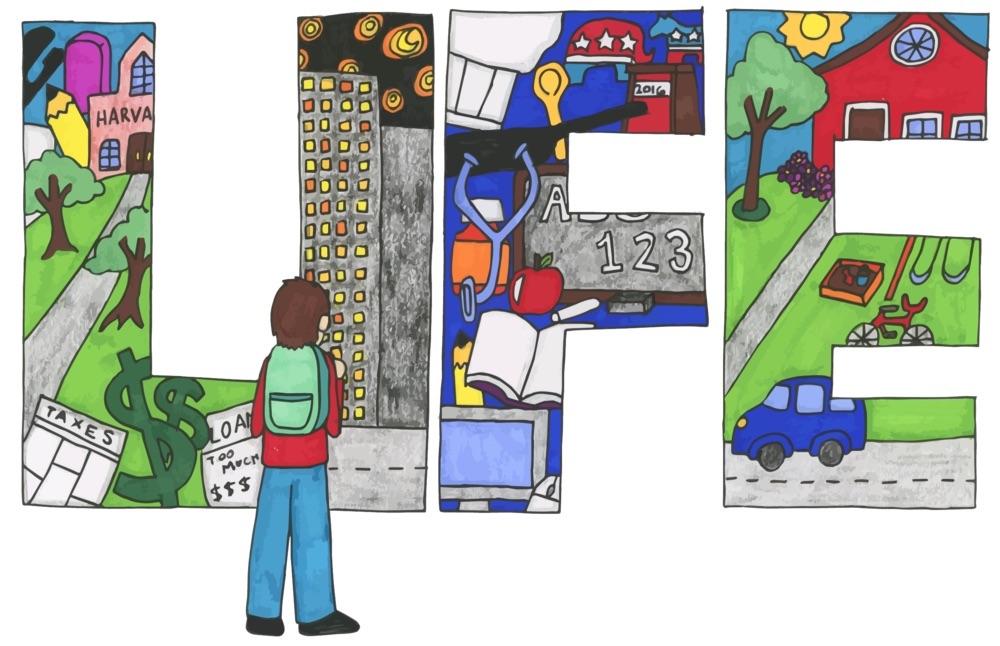I lived across the hall from two women who worked regularly at the Whitworth Community Garden last year. I remember conversations about weeding, harvesting produce and get-togethers during which people could sample the products of the gardeners’ labor. These women set an example of sustainable living in a way that I think the university can easily adopt.
They placed a small plastic bin outside their room with a sign asking people to donate apple cores, coffee grounds and any extra produce waste. Once the bin was full, the women would add it to a compost pile near the garden and use it as natural fertilizer.
Whitworth has a recycling program designed to reduce the amount of waste produced by the university. One can find details regarding Whitworth’s sustainability practices on the college’s website.
However, the plan does not mention compost. The policy states that the university prioritizes recycling and reducing waste and claims that the university is committed to promoting sustainable practices. Starting a composting program aligns with this policy. Composting is essentially recycling food, and provides another way in which Whitworth can work toward reducing its environmental impact.
Food waste occupies the greatest amount of space in landfills, according to Modern Farmer in its Sept. 2013 issue. Food waste takes up more room than paper or plastic waste. In other words, the items Whitworth currently recycles the most are no longer the biggest concern.
Many may not realize that food waste harms the environment. However, food waste actually emits high levels of methane and nitrous oxide. Landfills account for the third-largest amount of worldwide methane emissions, according to a 2010 study by the Global Methane Initiative.
Composted food, on the other hand, releases relatively low levels of methane and nitrous oxide because the organic materials are exposed to oxygen and decompose naturally. Microorganisms, worms and bacteria also contribute in breaking down material. The exposure to oxygen is key—compost piles require constant shifting to ensure that oxygen becomes organic material. Landfill waste does not receive this treatment, which is why methane is produced, according to a study done by University of Idaho in 2011.
Composting can help keep food waste out of landfills, and it also benefits the environment. Healthy nutrients can naturally return to the soil, and the waste acts as a powerful natural fertilizer. The university should send the collected organic material to the Community Garden or local farms, increasing the use of natural soil enrichment. Whitworth is committed to recycling reusable materials, according to its website. I think a new bin labeled “Food” should be added to the recycling areas in dormitories to encourage students to compost.
Contact Molly Daniels at mdaniels16@my.whitworth.edu







